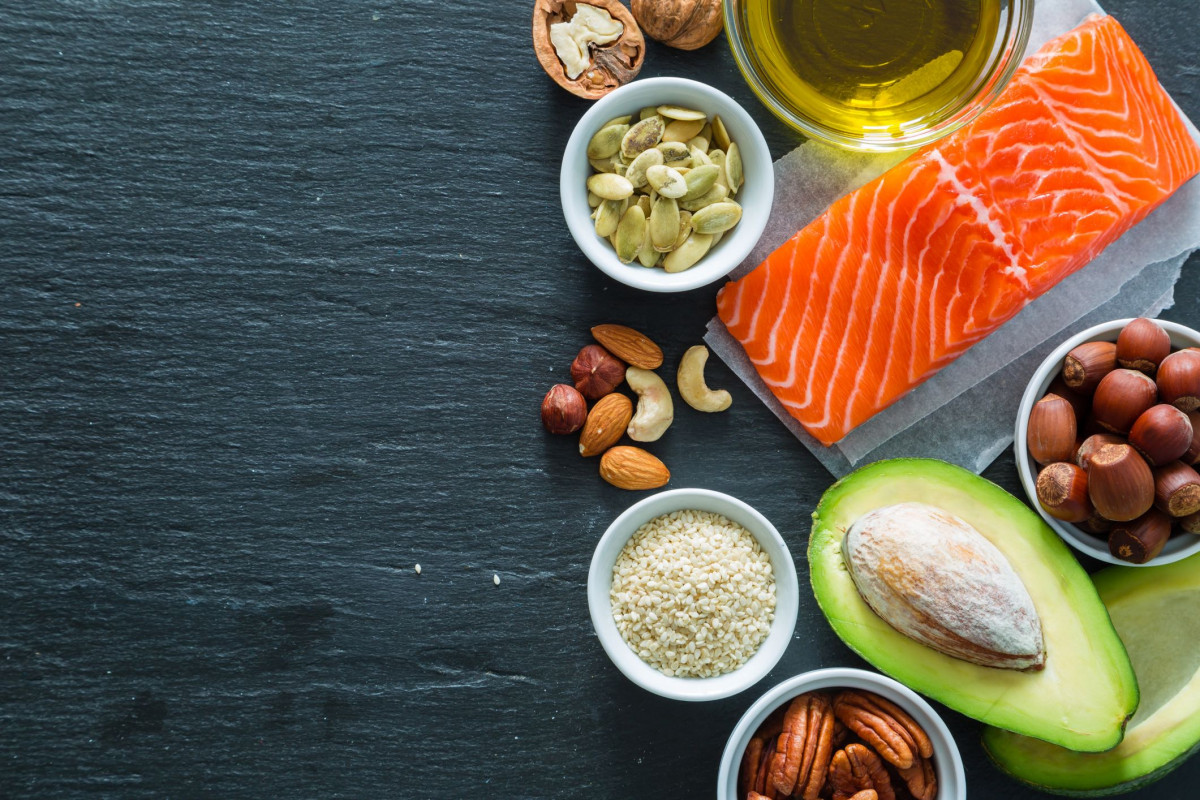
Fat is an essential part of our diet and often receives a bad rap (sometimes warranted, other times, not so much).
Body fat has an important function of providing cushioning for our organs and energy reserves. It is important to realise the function of fat and why is it an essential part of our diets and body composition.
Dietary fat provides essential fatty acids, helps with fat-soluble vitamin distribution, satiety, flavour and energy (the most energy-dense nutrient). For athletes, this means that they are able to obtain the additional energy required from wholefood sources without reducing reliance on supplements to meet their energy requirements (more calorific bang for their buck).
Fat as a Fuel
Fuelling for training and performance requires energy; the main nutrients that provide us with energy are carbohydrates, fats and proteins. It is well known that carbohydrates are a great, available fuel source for performance (both endurance and sprint). The majority of energy replacement supplements for athletes available on the market have a carbohydrate base. But considering that dietary fat provides twice the energy in the same volume compared to carbohydrate options, there has been a lot of interest in utilising fats for performance, particularly during endurance events.
As a general rule, carbohydrates and fats (with a small amount of protein) are utilised as fuel during sub-maximal activity. The ‘ratio’ of each is very individualised with factors such as fuel availability, activity duration and intensity, and the individual’s level of training influencing what is used. As exercise intensity increases, the ratio of carbohydrate to fat oxidisation increases (therefore more carbohydrate is utilised at higher exercise intensities).
One theory to help with supply of energy during an activity is to increase the efficiency of the body to utilise fat and hopefully spare the carbohydrate for periods of increased intensity.
Maximal carbohydrate storage in muscles (glycogen) has been noted to only last between 1-2 hours. Activities that last beyond this time frame mean that additional fuel needs to be available (either already within the individual e.g. fats, or provided through the diet, e.g. supplements during event). This therefore fuels ideas regarding fat adaption for performance.
Studies that have been conducted show that there is a degree of fat adaptation that occurs when athletes follow a high fat, low carbohydrate diet.1The effect of this on both training adaption and performance has not yet been shown to be beneficial beyond that provided by the traditional higher carbohydrate diet. In fact, some of the studies showed an ‘impairment’ of glycogen utilisation during performance.1
As there are periods of increased exercise intensity even during endurance events (e.g. pushing up a hill or sprinting to the finish or pulling away from the pack), these increases in intensity require an increase in carbohydrate utilisation, and with fat adaption causing a reduction in the efficiency of this process, these periods of increased intensity may suffer.
Utilising a fuel that is twice as energy-dense for the same volume is appealing, and is definitely worth further investigation to see how best utilise these unique properties of dietary fat.
Nutritional Fats Take-aways
- The nutritional requirements for an athlete go beyond performance. It is important to consider the nutritional requirements holistically, prior to focusing on fuelling for performance. No amount of fuelling during an activity will replace a poor diet outside of training and competition.
- Just like any individual; dietary fat is essential. It is also a great fuel source and often a convenient means of adding in additional kilojoules without the volume associated with carbohydrates and proteins.
- Currently, there is no evidence to suggest that fat adaptation offers any additional benefits to endurance athletes compared with the traditional high carbohydrate diet.
- Athletes, like non-athletes, benefit from meeting their total nutritional requirements, including vitamins and minerals, without solely focusing on a single macronutrient.
Dietetic services are available with one of our Accredited Practising Dietitians; Samantha Delahay and Nayomi Duongat our Penrith, Westmead and Norwest rooms.
References:
- SDA; 2018: Fat – Does it help with performance (online). Available from: https://www.sportsdietitians.com.au/wp-content/uploads/2018/04/Fat-Does-it-help-Performance.pdfwith subscription only. Last accessed; 11.9.18








